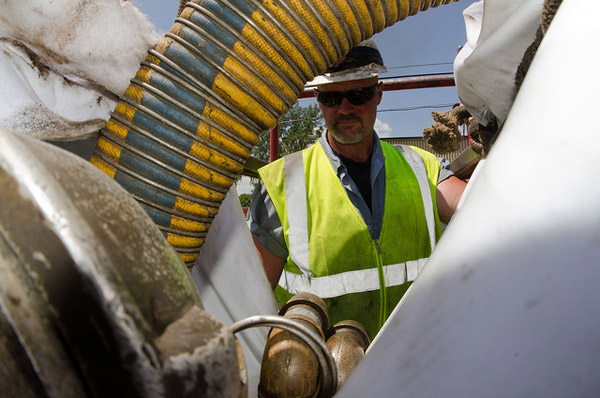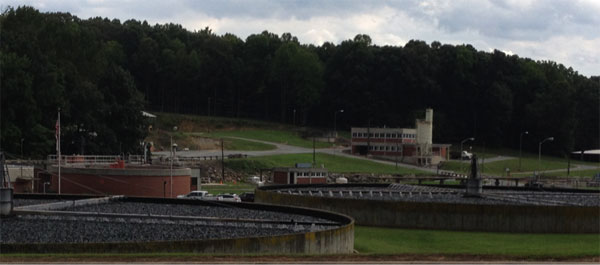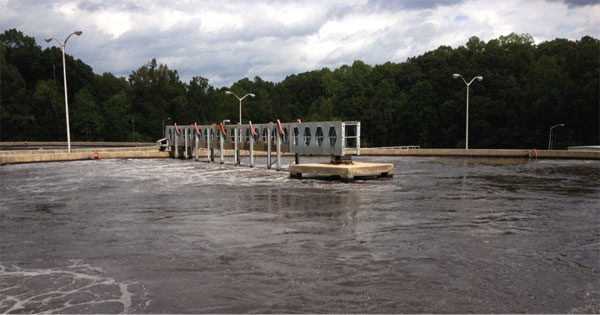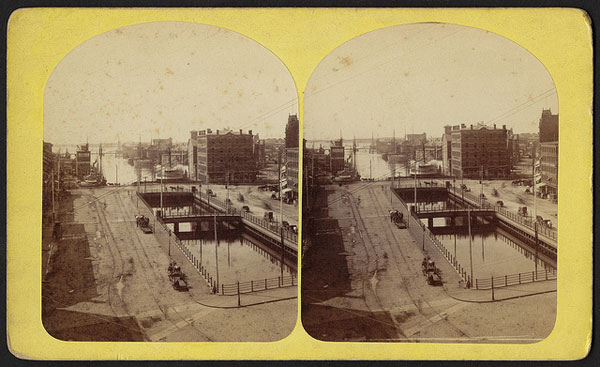Six tactics cities use to keep FOG out of wastewater systems
- Sep 22, 2015
 Fats, oils and grease (FOG) in wastewater are one of the biggest challenges facing wastewater systems around the world. Grease, sometimes along with solids, can build up into a solid mass that can narrow or even block wastewater pipes. When that happens, sewers overflow, pipes break, and local authorities are forced to clean up the mess and make repairs.
Fats, oils and grease (FOG) in wastewater are one of the biggest challenges facing wastewater systems around the world. Grease, sometimes along with solids, can build up into a solid mass that can narrow or even block wastewater pipes. When that happens, sewers overflow, pipes break, and local authorities are forced to clean up the mess and make repairs.
In the United States alone, the Environmental Protection Agency estimates that as many as 47 percent of all wastewater system blockages are caused by the buildup of grease. In New York City alone, those annual repairs cost nearly $5 million. Other large cities also rack up multi-million dollar bills for repairs and emergency service.
Cities are adopting a number of tactics to keep grease out of their wastewater systems.

 Like many wastewater treatment facilities, the
Like many wastewater treatment facilities, the  The Asheboro Wastewater Treatment Plant was built in 1962, during a different era. The Cuban Missile Crisis was right around the corner and America had just launched a space race to put the first man on the moon.
The Asheboro Wastewater Treatment Plant was built in 1962, during a different era. The Cuban Missile Crisis was right around the corner and America had just launched a space race to put the first man on the moon. The damage that grease and other pollutants can inflict on the environment is well documented, but few cases illustrate this as well as Narragansett Bay in Rhode Island.
The damage that grease and other pollutants can inflict on the environment is well documented, but few cases illustrate this as well as Narragansett Bay in Rhode Island.